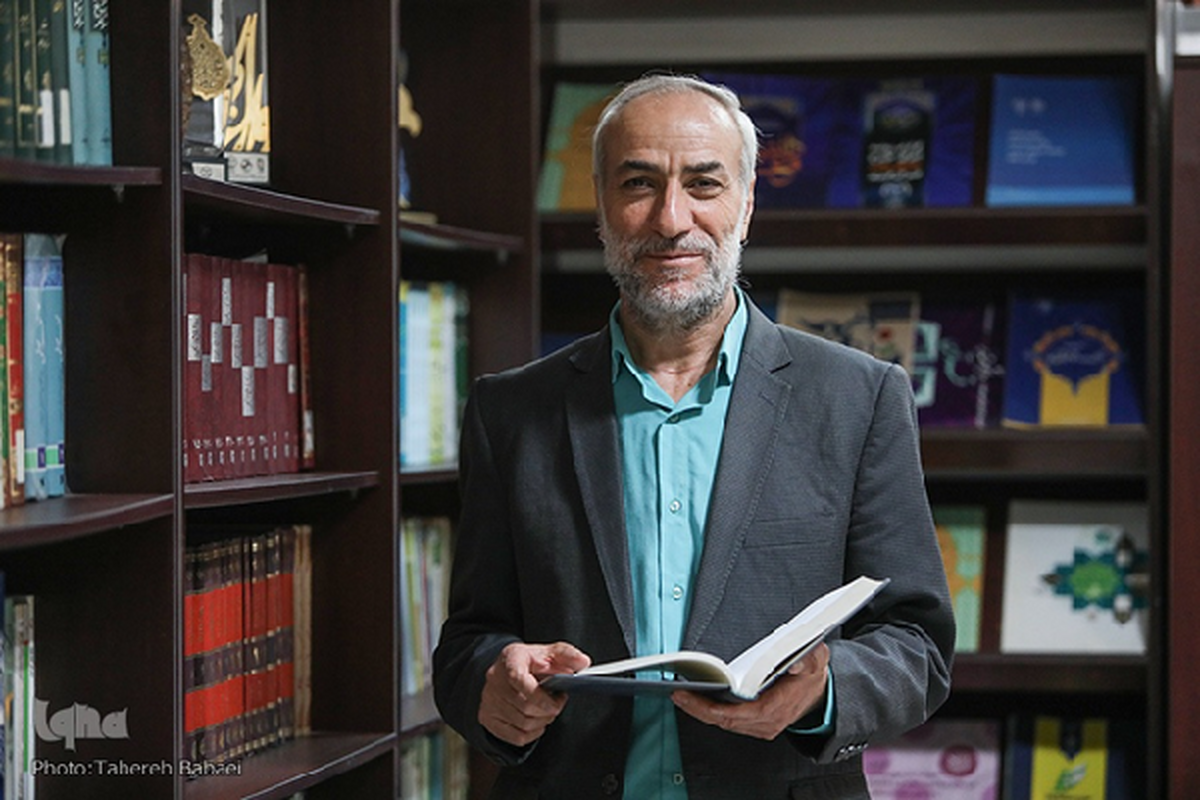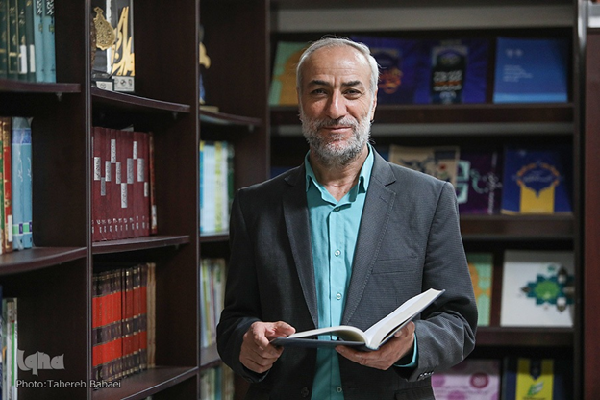How Religion and Ethics Are Related to Political, Social Developments


Imam Ali’s (AS) principles of life were, in all aspects, based on the Quran and the Sunnah of the Holy Prophet (PBUH). In his social life, he also acted based on the Divine orders and Nabawi Seerah, which can be considered as a perfect example for everyone.
Bakhshali Ghanbari, a Nahj al-Balagha researcher, discussed “social morality based on Nahj al-Balagha” in a series of lectures. Here are excerpts from the 11th session on “steadfastness in religion”:
Remaining steadfast in religion and morality has been highlighted in different sermons of Nahj al-Balagha, including in Sermon 176. In this sermon, Imam (AS) underlines that political and social developments should not make us deviate from the boundaries of ethics and religion.
In Islamic societies, there are some people who abandon religion as soon as there is a wrong conduct from a senior political official. What do their wrongdoings have to do with religion? Did we become religious people for the sake of that political official in the first place?
Religion and ethics are for the salvation of mankind, and Imam Ali (AS) strongly warns us against making our religiosity and ethical behavior dependent on political and social developments.
It is true that psychologically, the behavior and conducts of the rulers affect the people’s religion and ethical practices either positively or negatively. But one should note that it is a physiological and not a logical thing. Logically, if I know that man’s salvation lies in ethics and religion, I should never abandon them.
Imam Ali (AS) says in Sermon 176 of Nahj al-Balagha: “
Action! action! Then (look at) the end; the end, and (remain) steadfast; steadfast. Thereafter (exercise) endurance, endurance, and piety, piety. You have an objective. Proceed towards your objective. You have a sign. Take guidance from your sign. Islam has an objective. Proceed towards its objective. Proceed towards Allah's by fulfilling His rights which He has enjoined upon you. He has clearly stated His demands for you. I am a witness for you and shall plead excuses on your behalf on the Day of Judgment.”
This is based on Verse 30 of Surah Al-Fussialt: “…and who have remained steadfast to their belief.”
The point here is that the world is one that is always changing. During these changes, we should be careful not to forget action and not to forget remaining steadfast in religion and ethics. In order to remain steadfast in religion and ethics, we need endurance and piety.


